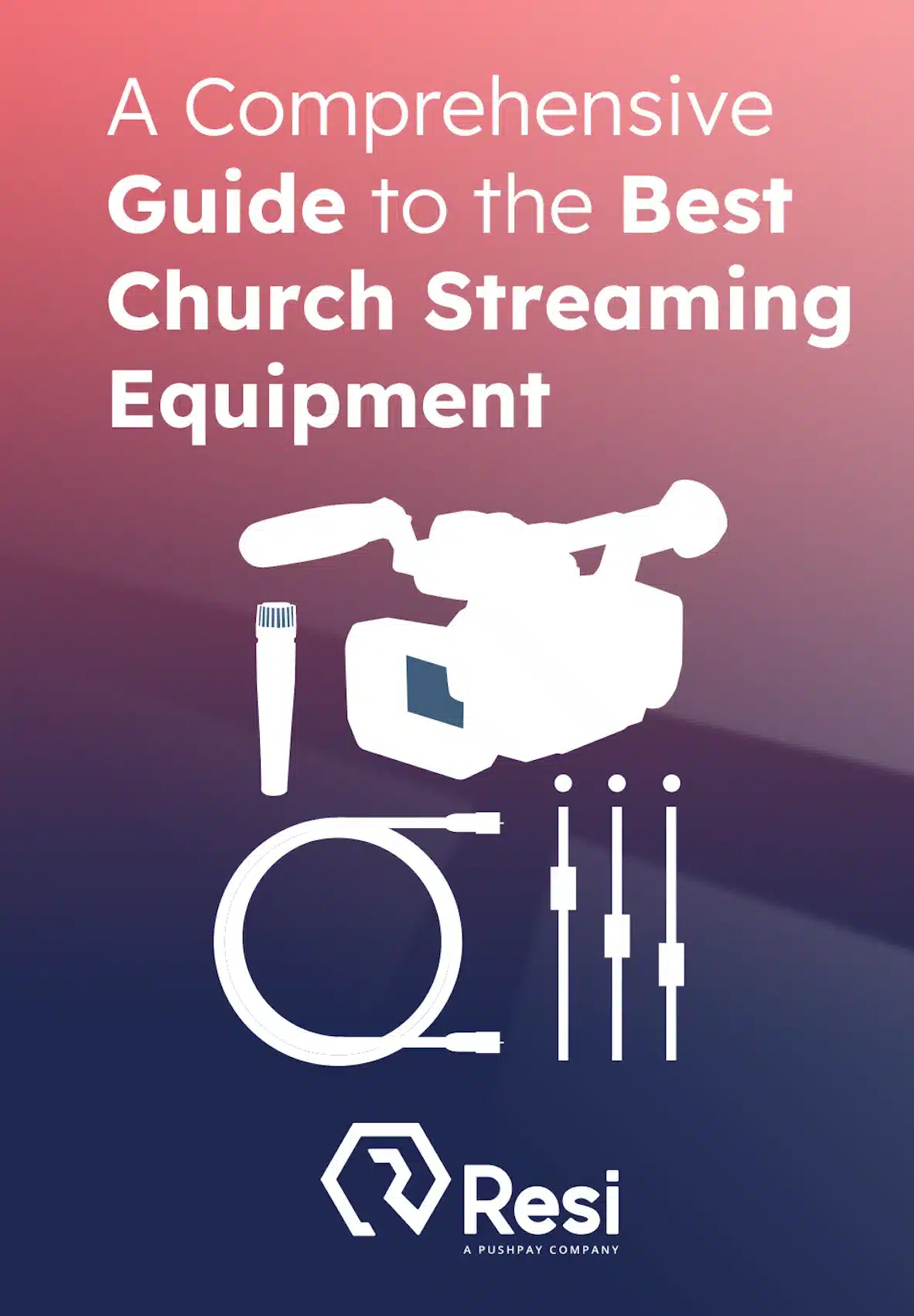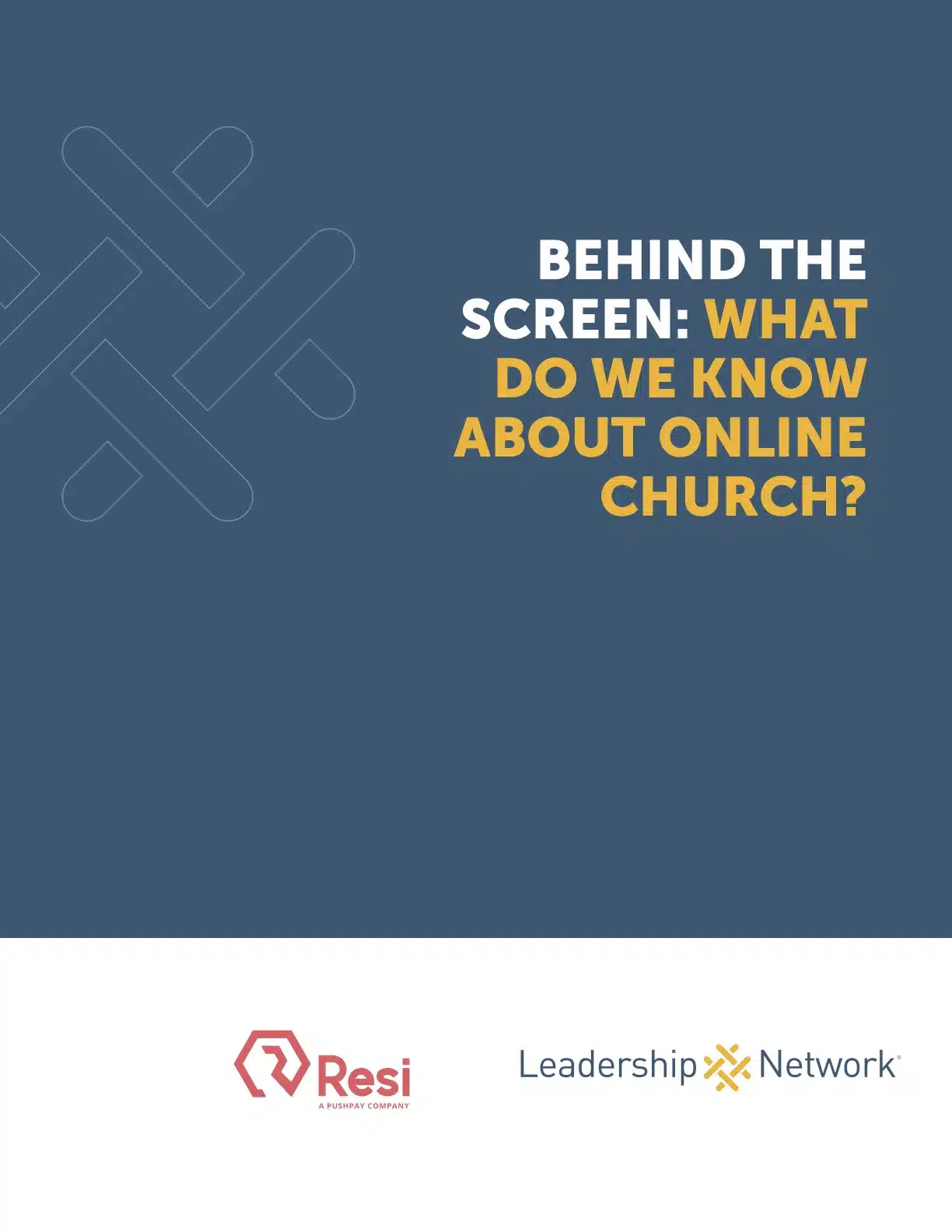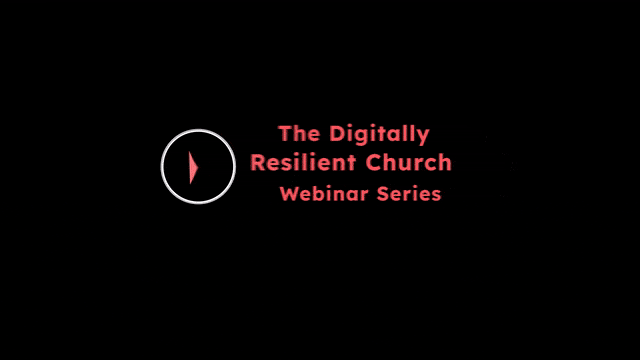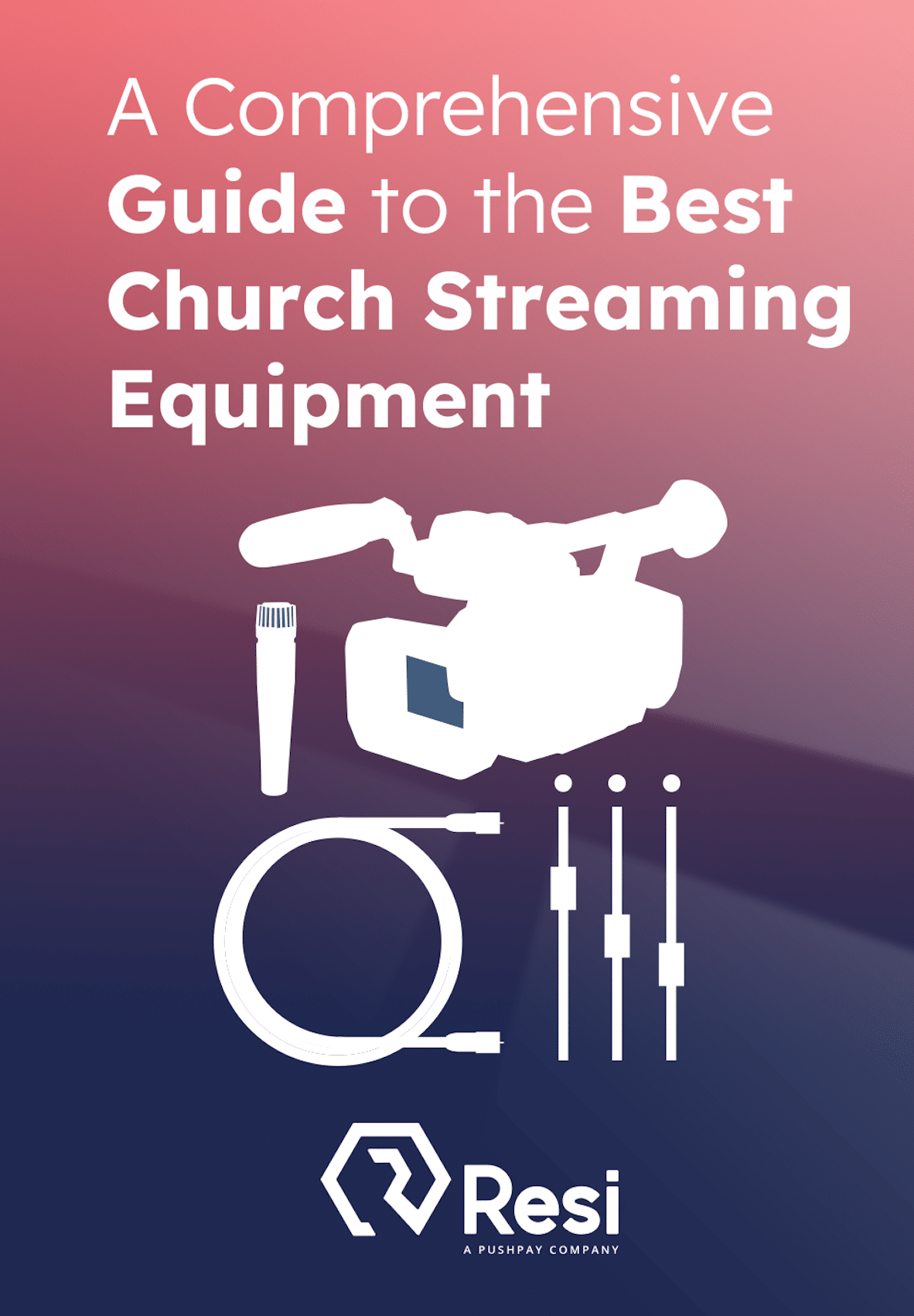
Do you want to know the ONE thing that will draw people to your church?
A key human desire.
That’s it. Just that one thing.
Tada!
If this theory holds true, then what drives people away from your church is also a key human desire that remains unfulfilled.
Churches have a visceral desire to serve everyone and meet every need, but realistically, that’s impossible. I dare say God didn’t design one individual ecclesia to do so.
Otherwise, why would God call other pastors and ministers to your city?
Take a moment to ponder that.
Now, let’s explore this further. This phenomenon isn’t exclusive to those outside who are church shopping. It applies to the members and attendees you have right now—and to you, the leader.
Key human desires are universal and transcend age, generation, race, culture, language and favorite latte flavors.
These desires lead us to church archetypes, which are also universal, crossing denominational lines, creeds, church sizes, expressions of faith and worship style.
Your church is uniquely and divinely designed to reflect God’s character and his ability to fulfill these key human desires.
Best Livestreaming Equipment
Discover what top-rated equipment we recommend adding to your church streaming toolkit.
Download for free!
While churches may express all of the archetypes mentioned below in various ways, one will typically surface as the predominant one, based on the specific key human desire the church is best equipped to satisfy.
So, here we go—here are the 12 church archetypes:
Idealist
Key human desire: Goodness
An idealist church has a positive and kind speech and can perceive the good in everything. It makes others feel safe with simplicity of beliefs. It reminds people of the simplicity of life and makes them feel optimistic. In response, the audience of an idealist church extends goodness to others. Idealist churches focus on uncomplicated, user-friendly experiences with a singular outcome. An idealist church offers safety and is full of faith and optimism. It gives those around them the idea of a joyful and abundant life. Idealist churches tend to invest in streamlined, minimalistic spaces to inspire joy and goodness.
Teacher
Key human desire: Truth
A teacher church strives to understand truth and wants to help those around them understand it as well. It is marked by the study and search for truth. Its wisdom and teachings are trusted and accepted. In response, the audience of a teacher church shares the truth. Others tend to admire their intellect and wisdom. People trust their content and opinions to be validated and proven. The audience of a teacher church feels like they have knowledge and can share the truth. The teacher church engages through knowledge and wisdom. It imparts wisdom because wisdom helps people see truth. Teacher churches tend to invest in classes, Bible studies, and books.
Pioneer
Key human desire: Freedom
A pioneer church brings new ideas to life to create a space for others to experience faith. It offers them a place to escape previous ideas about their spiritual life. A pioneer church gives people permission to shed their conceptions of what is expected or required. In response, the audience of a pioneer church has faith. A pioneer church has the courage to try things other people won’t. It drives others to keep searching and exploring faith in different ways. To connect, a pioneer church will create an environment that is conducive to spiritual exploration that is honest and down-to-earth. Pioneer churches tend to invest in retreats.
Revolutionary
Key human desire: Belonging
A revolutionary church wants to change the status quo unapologetically. It tends to innovate and intentionally welcome the misfits or those living on the edge. It challenges the status quo and invites others to belong to something. In response, the audience feels like they are part of something. A revolutionary church is bold enough to dismantle what’s not working. It is willing to speak up and do things no one else is trying. It is unapologetically who they are. The revolutionary church denounces the normalized, what’s accepted and the status quo for something better through disruption. It runs counter to the crowds. Revolutionary churches tend to invest in challenges to encourage people out of their comfort zones.
Catalyst
Key human desire: Hope
A catalyst church has a supernatural vision for the future. It gives hope to others and inspires them to dream big and experience what seems impossible. It connects people to the great power of the Spirit within them. In response, the audience of the catalyst church helps transform others. A catalyst church gives people hope to achieve things that seem impossible, turning messes into miracles. The catalyst church will develop a vision and connect to people using that vision as a roadmap to offer transformational, awe-inspiring experiences. Catalyst churches tend to invest in out-of-the-box ideas that effect much-needed change.
Rescuer
Key human desire: Confidence
A rescuer church is brave, selfless, and courageous. It defends the hopeless, stands up to the enemy, and sees possibilities where others don’t. It holds people accountable to take action. In response, the audience of a rescuer church performs courageous acts. The rescuer church always accomplishes what it sets out to do, no matter how big or challenging the mission might be. It operates with discernment of situations. The conviction of duty to participate in God’s redemptive work comes with sacrifice and hard work, and the rescuer church is willing to do that for the greater cause with stamina, endurance, and faith. Rescuer churches tend to invest in organizational systems to increase results.
Partner
Key human desire: Connection
A partner church connects with others emotionally and creates deeper, more meaningful relationships. It instills intimacy and warmth. It helps develop meaningful connection and helps people feel deeply engaged. In response, the audience of a partner church recognizes that they have committed relationships. A partner church encourages people to follow their faith journey with all their heart and be deeply connected emotionally and spiritually. The partner’s way of connecting is by attracting others to themselves through their engaging and authentic personality. It reaffirms togetherness everywhere. Partner churches tend to invest in deep life groups.
Enthusiast
Key human desire: Joy
An enthusiast church is very —well— enthusiastic and expressive. It creates memorable, uplifting, lighthearted experiences that put others at ease. It reminds people to see joy in the moments they are in. In response, the audience of the enthusiast church finds joy in their lives. An enthusiast church makes people joyful and helps them overcome daily trials. It reminds them to find joy in the moment. There is a lightheartedness that puts others at ease. The enthusiast church connects through joy and an uplifting spirit, addressing life’s great questions with a cheerful heart and honest vulnerability. Enthusiast churches tend to invest in communication campaigns that instill joyfulness.
Friend
Key human desire: acceptance
A friend church creates trustworthy connections and real friendships. Its message tends to instill a sense of belonging and community in others. A friend church connects people to a community they didn’t know existed. In response, the audience of a friend church embraces this community. A friend church seems real and normal. It understands and shares feelings and emotions with empathy, bringing the community together. The friend church connects with people by developing common ground and shared values and virtues without wanting to appear superior. Friend churches tend to invest in welcoming community events.
Behind the Screen: What Do We Know About Online Church?
See our findings about online church and gain important insight into your online audience.
Download for free!
Servant
Key human desire: Support
A servant church empathizes. It wants to help and protect others. Its message tends to be very positive and exudes selflessness. It is always there when someone needs it. In response, the audience of a servant church will care for others. People often feel they will never be able to adequately repay them for everything they’ve given. The servant church is generous and selfless. It connects through caring for the greater good by sacrificially helping others. Servant churches tend to invest in a foundational structure to help those less fortunate.
Leader
Key human desire: Significance
A leader church helps create order that others can follow. It makes things flow more smoothly with new methodologies that are easy to follow. It helps others shed limiting beliefs and scarcity mindsets. In response, the audience of a leader church will lead others. A leader church is perceived as composed of strong leaders who remind others to think big and inspire with transformation stories. A leader church connects with others by putting them in charge and deferring to the wisdom and guidance of others. Leader churches tend to invest in training, tools, and resources that help learn new methodologies and frameworks.
Visionary
Key human desire: Revelation
A visionary church wants to participate in God’s redemptive work using the resources at its disposal. It empowers others by showing them a world of possibilities. It inspires people to see possibilities where others do not. In response, the audience of a visionary church inspires transformation in others because they now see new ways they never dreamed were possible. A visionary church teaches how to live life in the kingdom so others can do the same. A visionary church connects with people by inspiring and elevating a sense of awe and wonder, offering new ways of looking at life’s problems. Visionary churches tend to invest in presentations of transformation stories.
If you’re curious about your church’s archetype, gather your leaders and take this quiz: Church Archetype Quiz.







